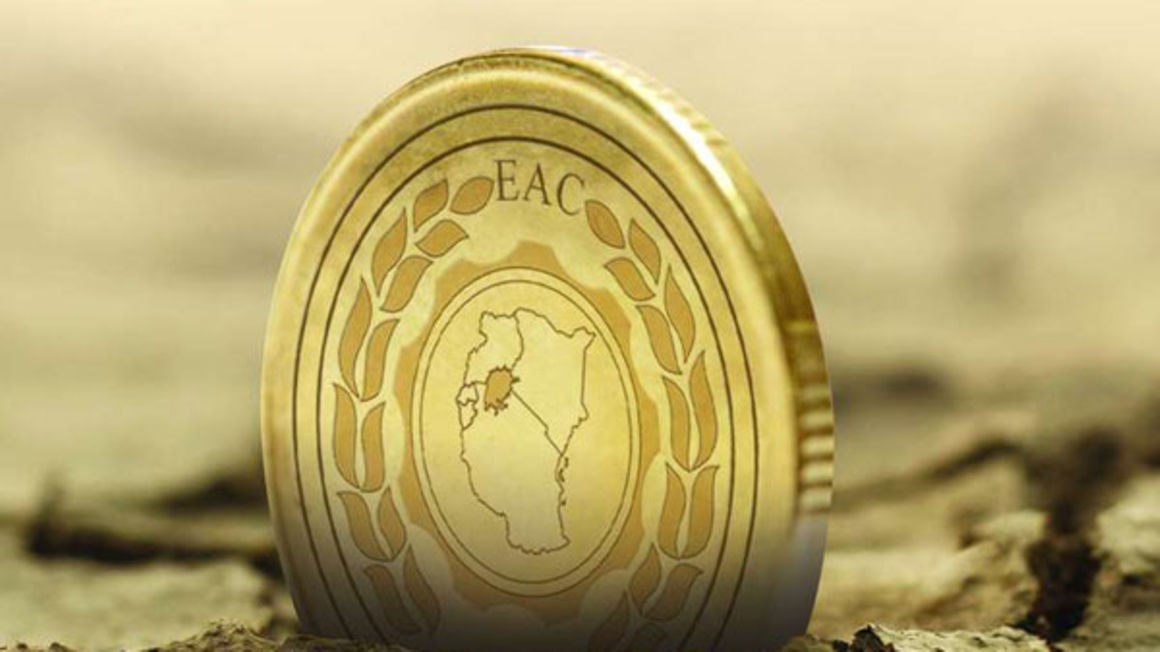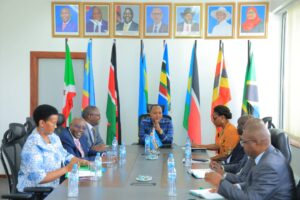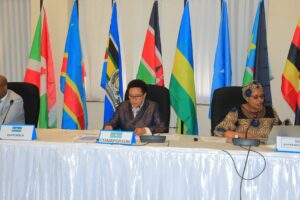
Is it Time Yet for a Common East African Currency?
Manifesting a Common Currency
Before the East African Community Twitter Page refuted the claims, the East African Twitter space was awash with news of the community launching a regional currency, Sheafra. The fake news notwithstanding, the possibility of a common currency is a trade element that the community, and citizens, have toyed with for over ten years. In 2013, the East African Community formulated the East African Monetary Union (EAMU) protocol to lay the groundwork for a monetary union for the transition of national currencies into a single currency within ten years.
The East African Community (EAC) has long been a proponent of regional economic integration, aiming to boost trade, investment, and economic growth among its member states. One of the key proposals on the table is the adoption of a common currency for the EAC, which, is still in the discussion phase. While the deadline has since elapsed, the idea of a common currency is one that the community can consider pursuing aggressively to enhance cross-border trade and competitiveness in the region.
Economic Rationale for a Common Currency
Contextually, the progressive convergence of 8 individual currencies into one EAC element would require prior harmonization of monetary and financial policies as well as the financial, payment, and settlement systems for the region. Additionally, the region would need its own financial accounting and reporting practices, and policies and standards on statistical information to be harmonized with the establishment of the said East African Central Bank. The efforts have been unachievable for the trade bloc with the establishment of the Central Bank earmarked for 2023 failing to materialize.

While the aspirations of the community have sound economic backing, some clear handles and laxities must be addressed. One of the main challenges is ensuring the convergence of macroeconomic policies among EAC member states to maintain the stability of the common currency. This would require coordination and cooperation among member states, as well as strong institutional frameworks to enforce compliance.
With the ratification of Somalia to join the economic bloc as the eighth member, the gross domestic product could hit $350 billion underlining the need for stability to compete effectively and enhance growth. A common currency in the EAC would eliminate exchange rate fluctuations between member states, reducing transaction costs and facilitating smoother trade and investment flows. Currently, businesses within the EAC must contend with multiple currencies, leading to increased complexity and risk in their operations especially with fluctuations in geopolitics and oil prices.
“While the promise of a common East African Currency is undeniable, the journey toward a common currency requires careful planning, implementation, and ongoing monitoring.”
A common currency would simplify transactions, making it easier for businesses to engage in cross-border trade. Currently, cross-border transactions involve currency exchange fees, a significant deterrent to trade. A single currency would eliminate these costs, making trade smoother and cheaper for increased intra-EAC trade. While this is pegged on member states growing investments internally and building trust, a common currency has the potential to simplify cross-border payments allowing traders more latitude with the inclusion of informal businesses in the landscape.
Driving Competitiveness
A single currency would equally underline enhanced price transparency in cross-border consumption as witnessed by the transition of the European Union which resulted in greater integration and boosted intra-trade. Thus, comparing prices across borders becomes easier with a single currency, promoting competition and potentially leading to lower prices for consumers. This is a much-needed impetus to spur consumption in the region as a driver for economic growth. Equally, businesses will be more likely to invest across borders with a common currency, reducing currency risk and fostering regional economic integration. This can lead to economies of scale and a more efficient allocation of resources.
A common currency would also enhance the competitiveness of EAC member states on the global stage. A unified currency would create a larger and more integrated market, allowing businesses to achieve economies of scale and become more competitive in international markets. Additionally, a common currency would signal to investors that the EAC is committed to economic integration, potentially attracting more foreign direct investment to the region.
With a common currency, businesses would no longer need to hedge against exchange rate risks, leading to lower transaction costs and increased price transparency. This would make goods and services more affordable and accessible to consumers across the region, boosting trade volumes, and economic growth. While this boots competitiveness among businesses in a single market, it would equally facilitate the development of a regional financial market, allowing for easier access to capital and financial products for businesses and individuals across the region. Notably, a shared currency strengthens the sense of regional unity and fosters a more integrated East African economic space.
Undeniable Common Currency Challenges
While it is a prerequisite for a common currency development, economic convergence challenges are of critical consideration. The East African Community member states have varying levels of economic development and inflation rates such as Kenya boasting of greater stability while Tanzania is the fastest growing. Convergence criteria, such as similar inflation rates and fiscal discipline, need to be met before launching the common currency to avoid economic instability which is a major challenge.
Recent developments have shown the region’s central banks taking varying interest rate positions to protect economies impacted by inflation, global supply chain disruptions, and depreciating currencies negatively impacting a synchronized monetary policy regime. A return to a common monetary policy is therefore needed for effective exchange and interest rate management which is needed for enhanced stability. The EAC will need to determine whether to peg the currency to a major global currency or opt for a free-floating system which is a source of friction in decision-making.
While the EAC is based on a commitment to common values, past fights between member states and non-remittances to the EAC are indicative of laxity in-state commitment to the economic bloc. Sustained political will from member states is essential for successful implementation and maintaining a stable monetary union. Divergent actions, especially when faced with economic challenges, are likely to impact success with the common currency.
The Road Ahead
While the promise of a common East African Currency is undeniable, the journey toward a common currency requires careful planning, implementation, and ongoing monitoring. The EAC member states need to address economic disparities, develop a robust monetary policy framework, and ensure public support for the initiative.
The East African Community has the potential to reap significant economic benefits from a common currency. A single currency can facilitate smoother cross-border trade, enhance regional competitiveness, and bolster the collective bargaining power of EAC nations. While there are challenges to overcome, the benefits far outweigh the costs, making a common currency a viable and beneficial option for the EAC.



